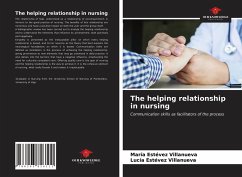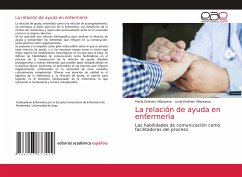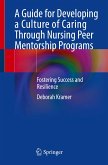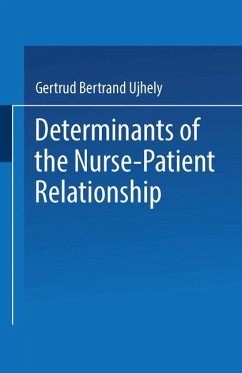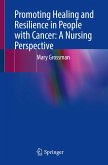The relationship of help, understood as a relationship of accompaniment, is intrinsic to the good practice of nursing. The benefits of this relationship are numerous and have a positive impact on both the user and the group itself. A bibliographic review has been carried out to analyze the helping relationship and to understand the elements that influence its achievement, both positively and negatively.Empathy is presented as the indisputable pillar on which every helping relationship is based, and mirror neurons as the theory that best explains the neurological foundations on which it is based. Communication skills are defined as facilitators in the process of achieving the helping relationship, giving prominence to new elements that may go unnoticed in daily practice. It also delves into the barriers that have a negative influence, emphasizing the need for culturally competent care. Offering quality care is the goal of nursing and the helping relationship is the way to achieve it. It is the cohesive element of nursing, what really founds it and makes it irreplaceable.
Bitte wählen Sie Ihr Anliegen aus.
Rechnungen
Retourenschein anfordern
Bestellstatus
Storno

